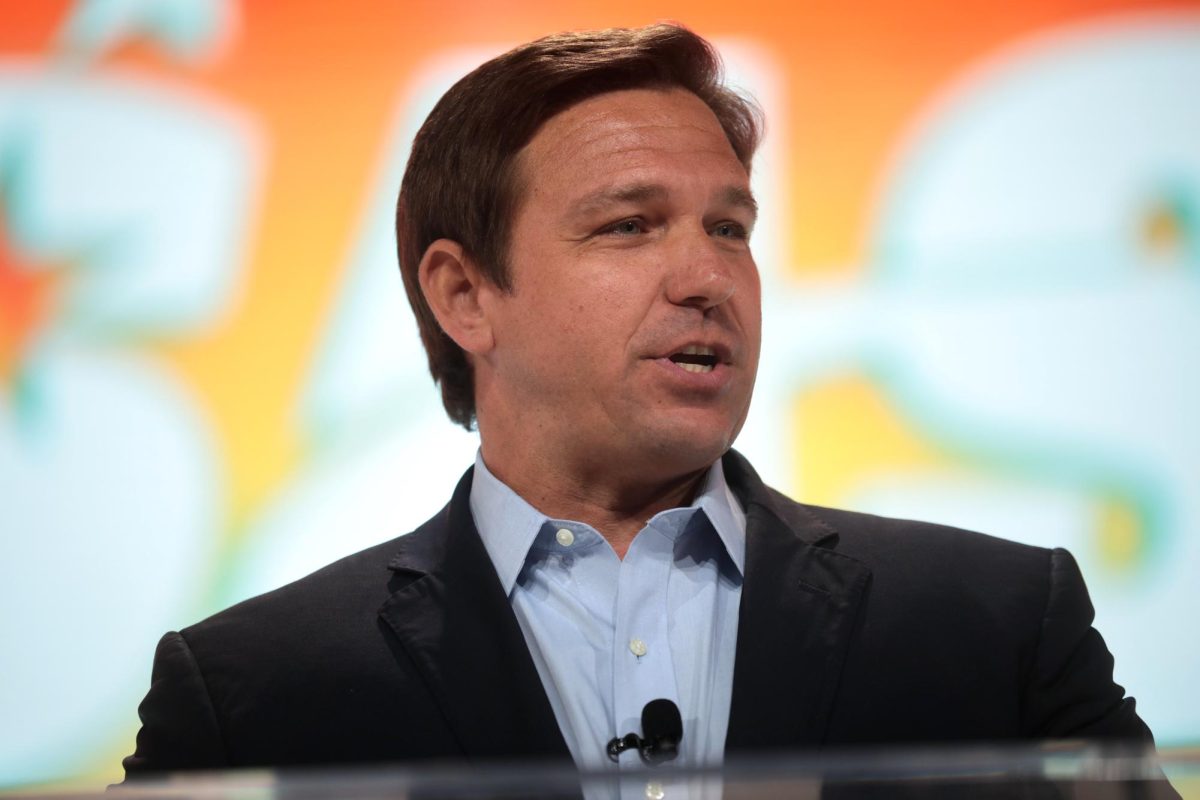
Matt Venezia is a sophomore biology major with a minor in writing.
Today, the world is moving more rapidly than ever. Global consumption, or the production and consumption of goods from beef to automobiles and everything in between, is expanding innumerably. Meat production, an environmentally costly process, has risen nearly 480% between 1961 and 2018. Nearly 400 million tons of plastic is produced annually, and as a result, eight million tons of plastic waste ends up in our oceans annually. Air and ocean pollution are pervasive issues which have reached every corner of the planet. Greenhouse gas emissions have been increasing globally at an unsustainable rate. All of these practices have led to unprecedented changes in the Earth’s climate, shifts in weather patterns and harm to ecosystems. If we are not careful, billions of people will be in danger of losing their sources of food and water and millions more may no longer have land to live on. Climate change is widely considered to be a catastrophic threat to humanity.
In March, COVID-19 changed much of that. Though we are still causing catastrophic levels of damage to ecosystems by consuming natural resources at an unsustainable rate, the pandemic has managed to slow us down.
Rush hour is not much of a rush anymore. The trains are no longer packed. Lines are short or nonexistent at theaters, retail stores and museums. Our society and economy alike have slowed down tremendously. Collectively, we have all taken a step back from our usual lives. And what better to do with this step back than learn from it, and analyze how we can do better going forward?
While many of us can use this opportunity for self reflection, for much of the United States, this may not be possible. Unemployment has hit nearly one out of every ten Americans during the pandemic, and many have had to focus on the ability to put food on the table, or keeping their homes. 185,000 families in America are dealing with the pain of losing a loved one. But for those of us who are fortunate enough to focus on things other than unemployment or loss, this is a time to reflect. It is a time to plan our next move and decide how our lives will look in the coming years. As the World Economic Forum states, we should treat the pandemic as a catalyst for a “great reset” rather than a major setback.
The problem to address during this “great reset” is clear. Put simply by a United Nations (UN) statement, “climate Change is the defining issue of our time.” As we rebuild from COVID-19, it is apparent that now, more than ever before, is the time to address the defining issue of our time.
Individually, we can begin to make more sustainable decisions. Instead of calling meetings in person, which requires attendees to travel by airplanes or cars, we can now meet virtually through Zoom, or other video conferencing services, which have drastically improved over the past few months. Commuting to work or school may now be optional for many, cutting down emissions drastically. In fact, during this year, daily carbon dioxide (a potent greenhouse gas) emissions dropped by about 17% compared to last year, primarily due to stay-at-home orders and a lack of travel and transport emissions.
We can also choose to shop locally at small businesses that are struggling during this time, which is a sustainable decision for the planet and financially supports local families and workers as well. Supporting initiatives to make industries greener, like the UNEP’s collaboration with the gaming industry, and various companies’ pledges to become carbon neutral are also important steps to take going forward and can easily be done from home.
Political representation also plays a large factor in pulling back the effects of climate change. In local and national elections, we need candidates who will begin to embrace the idea put forth by the United Nations — to “build back better” from this pandemic. Candidates who support the basic tenants of a Green New Deal and envision a future of decreased emissions, decreased pollution and implementing greater protection of our natural environment will be the driving force for change in local, state and national governments. It is up to us to vote for this change.
Embracing the notion of “building back better” in order to address climate change and the idea that we should treat COVID-19 as a “great reset” rather than a major setback is vital to our fight against climate change. If this view is embraced globally, the restructuring of our society around sustainability could be possible and the catalyst for this change may be the worst pandemic in 100 years.


















